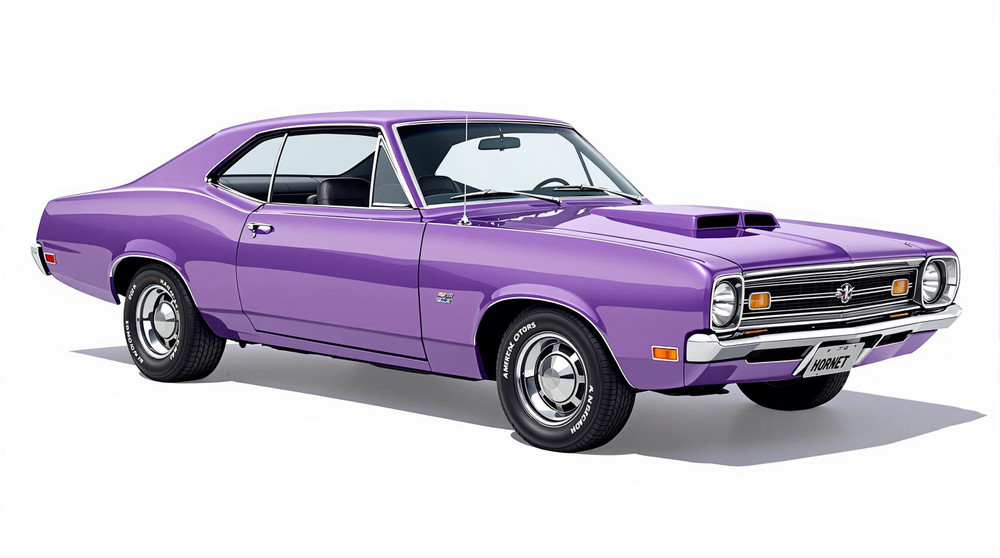Image of 1972 American Motors Hornet, Note: These illustrations use artistic license and may differ from actual historical models.
Performance Metrics
Fundamental Metrics
Emotional Appeal
MMP Rating
| Engine Specifications | |
|---|---|
| Engine: | 232 cu in (3.8 L) I6, 258 cu in (4.2 L) I6, 304 cu in (5.0 L) V8 |
| Displacement: | 232-304 cu in |
| Horsepower: | 100-150 hp (approximately) |
| Torque: | 210-240 lb-ft (approximately) |
| Compression Ratio: | 8.0:1 - 8.4:1 (approximately) |
| Ignition System: | Conventional breaker point ignition system |
| Cooling System: | Liquid-cooled |
| Performance Specifications | |
| 0-60 Time: | 10-12 seconds (approximately) |
| 1/4 Mile Time: | 17-19 seconds (approximately) |
| Top Speed: | 105-110 mph (approximately) |
| Transmission and Drive | |
| Drive Type: | Rear-wheel drive |
| Transmission Type: | 3-speed manual, 4-speed manual, 3-speed automatic |
| Fuel and Efficiency | |
| Fuel System Type: | Carburetor |
| MPG: | 15-20 mpg (approximately) |
| Dimensions and Brakes | |
| Brakes: | Front disc and rear drum brakes |
| Wheelbase: | 108 in |
| Weight: | 2,800-3,200 lbs (approximately) |
Note: Specifications for classic cars are given to the best of our ability, considering the limited and variant data available.
1972 American Motors Hornet: A Compact Marvel of Its Time
The 1972 American Motors Hornet buzzed into the automotive scene with an understated charm that belied its significance. As a product of American Motors Corporation (AMC), the Hornet marked a pivotal moment for the company, showcasing its ability to produce a compact car that could compete with the giants of the industry. Born in an era of muscle cars and gas-guzzlers, the Hornet stood out for its practicality and efficiency. A notable moment in its history was when it served as the basis for AMC's innovative Gremlin, one of the first American subcompact cars.
Design and Innovation
The exterior styling of the Hornet was both classic and forward-thinking, with clean lines and a no-nonsense silhouette that exuded a sense of durability. Inside, passengers were greeted with a functional interior that prioritized comfort over luxury, featuring quality materials that were built to last. Technologically, it offered features like flow-through ventilation and optional power steering, which were impressive for its class at the time. The color palette ranged from subdued to vibrant, with hues like "Grasshopper Green" and "Sunshine Yellow" catching buyers' eyes. The Hornet was available in various body styles including a two-door coupe, four-door sedan, and a sporty SC/360 coupe variant that appealed to performance enthusiasts.
Historical Significance
The Hornet's impact on automotive design was subtle but significant, as it helped to popularize the compact car segment in North America. It set itself apart with its balance of economy, size, and power options – a combination that was less common at the time. Its legacy is evident in how it paved the way for future AMC models and influenced competitor offerings.
Performance and Handling
Performance-wise, the Hornet's range of six-cylinder and V8 engines delivered respectable top speeds and acceleration figures, with the SC/360 performance model capable of 0-60 mph sprints in under 8 seconds. Handling was commendable; it navigated urban sprawls and country roads with equal poise. Drivers often remarked on the pleasant hum of the engine and the solid feel of the road beneath them – a testament to AMC's engineering focus on creating a driver-centric experience.
Ownership Experience
The 1972 Hornet served various roles from being a reliable daily driver to an occasional show car. Some even found their way onto local racetracks. Owners appreciated its simplicity which translated into ease of maintenance and repair – factors that contributed to its reliability. While not without faults, common criticisms often revolved around rust issues or performance limitations compared to more powerful contemporaries.
Fun Facts
In terms of trivia, the Hornet holds a special place in pop culture as it starred in a spectacular spiral jump in the James Bond film "The Man with the Golden Gun." Although not known for setting speed records, it did achieve sales success and became an endurance icon through its continuous production run into the late 70s under various guises.
Collector's Information
Today, collectors find value in well-preserved Hornets, with prices varying widely based on condition, originality, and model type. Estimates suggest that tens of thousands were produced during its run, making them relatively available but increasingly sought after as interest in 70s Americana grows. Values have been appreciating slowly but steadily over time; depending on condition and rarity (such as the SC/360 model), prices can range from $5,000 for a project car up to $25,000 or more for concours-quality examples.
Conclusion
The 1972 American Motors Hornet may not have rewritten the rulebook for compact cars but it certainly added some interesting chapters. Its blend of practicality, style, and versatility has earned it a fond place in automotive history – one that continues to attract enthusiasts and collectors alike. Whether you're behind the wheel or admiring from afar, this humble Hornet still has plenty of sting left in its tale.
1972 American Motors Hornet Catalog of Parts
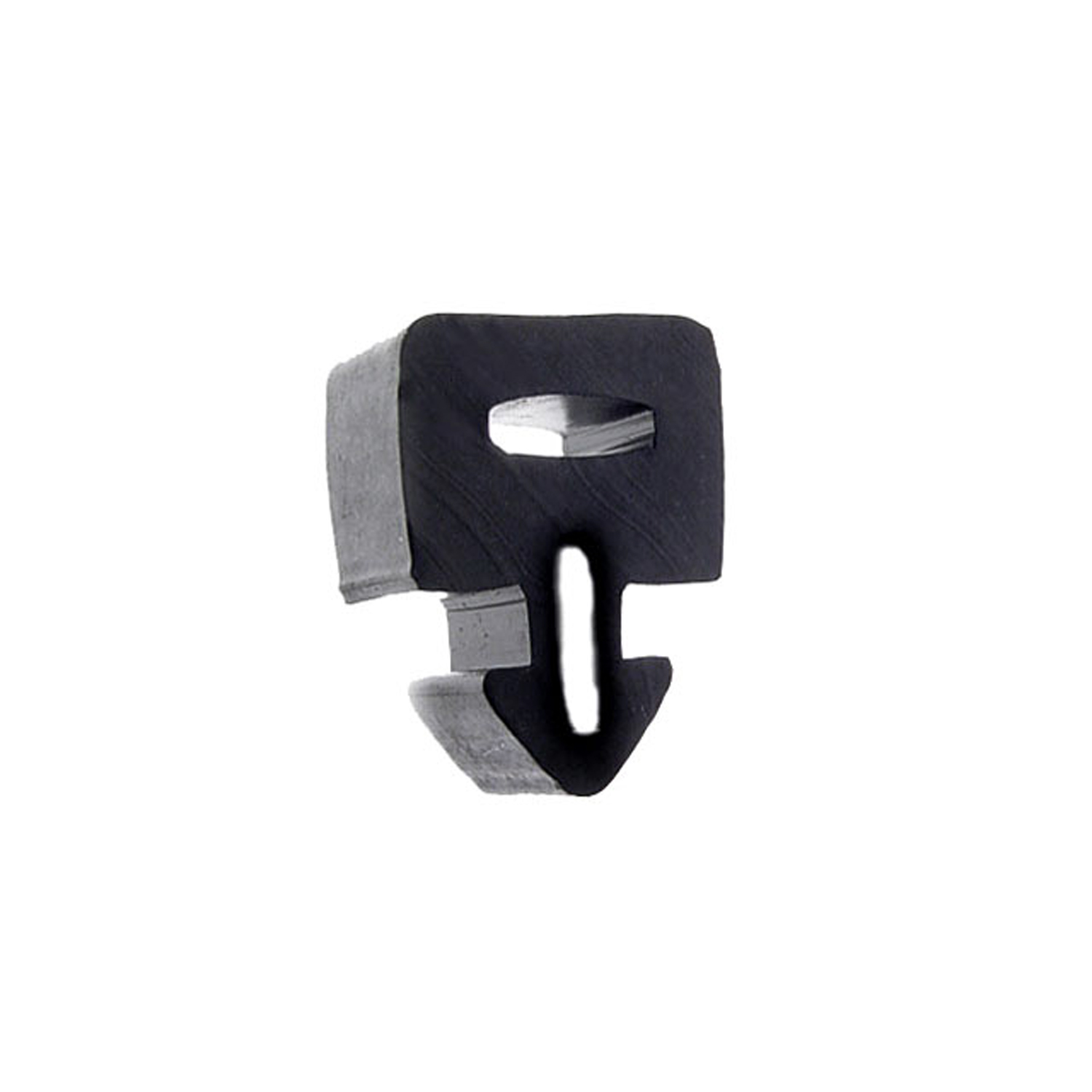 1972 American Motors Hornet Hood Bumper. Each-HF 84Hood Bumper. Each
1972 American Motors Hornet Hood Bumper. Each-HF 84Hood Bumper. Each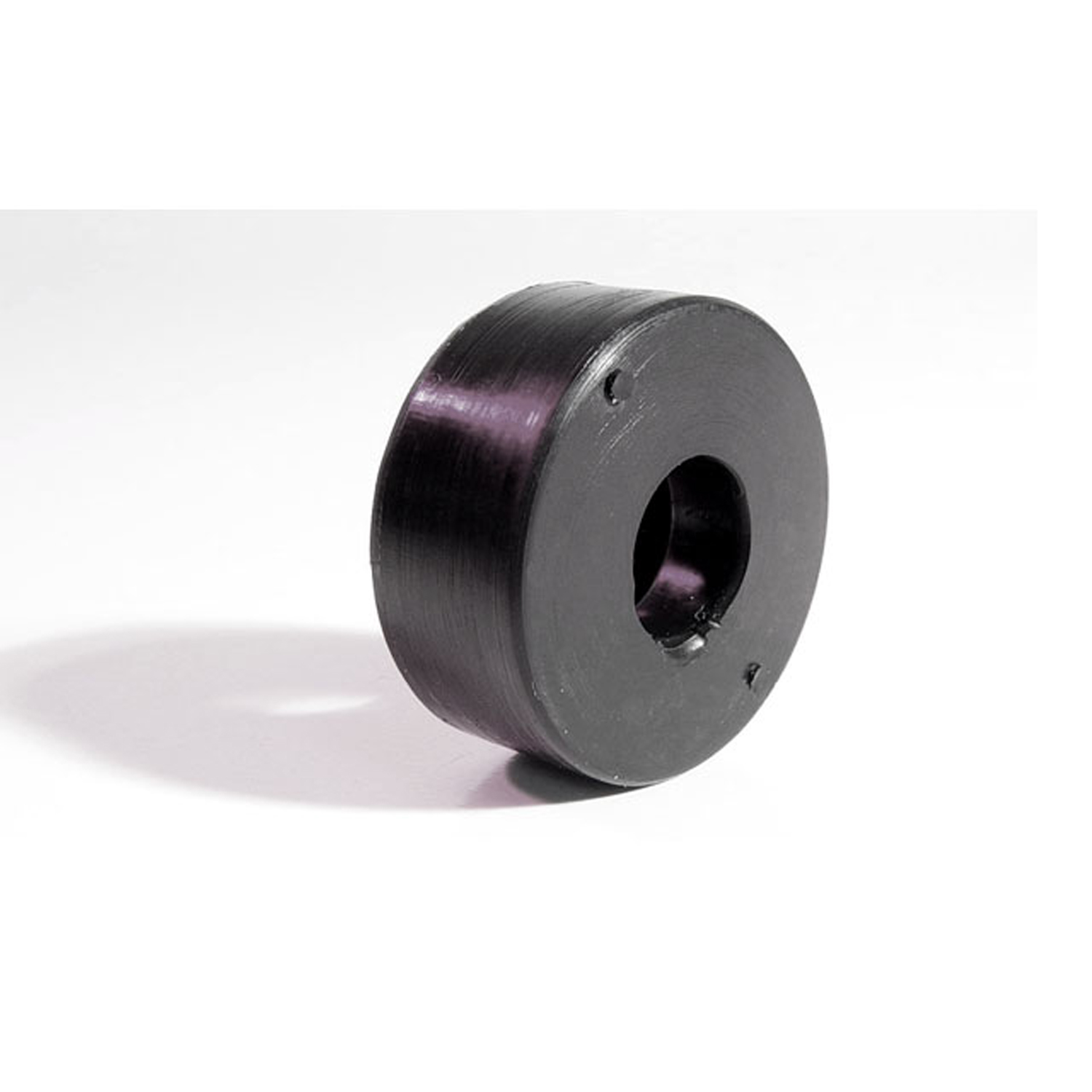 1972 American Motors Hornet Hood Bumper. Each-HF 85Hood Bumper. Each
1972 American Motors Hornet Hood Bumper. Each-HF 85Hood Bumper. Each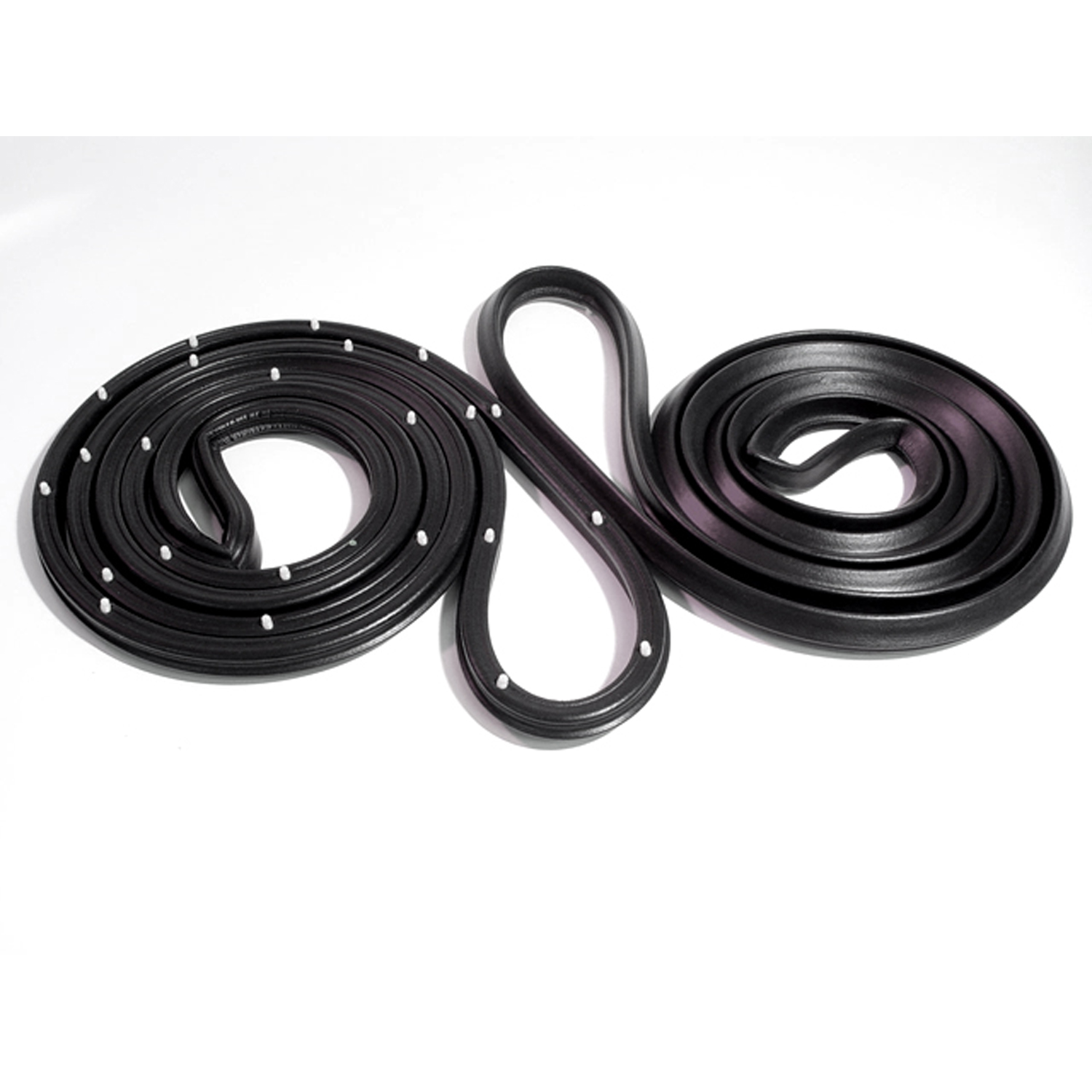 1972 American Motors Hornet Molded door seals. For 2-door sedan-LM 31-CMolded door seals. For 2-door sedan. Proper clips correctly positioned. 148 in. (375.9 cm) L. Pair. R&L.
1972 American Motors Hornet Molded door seals. For 2-door sedan-LM 31-CMolded door seals. For 2-door sedan. Proper clips correctly positioned. 148 in. (375.9 cm) L. Pair. R&L.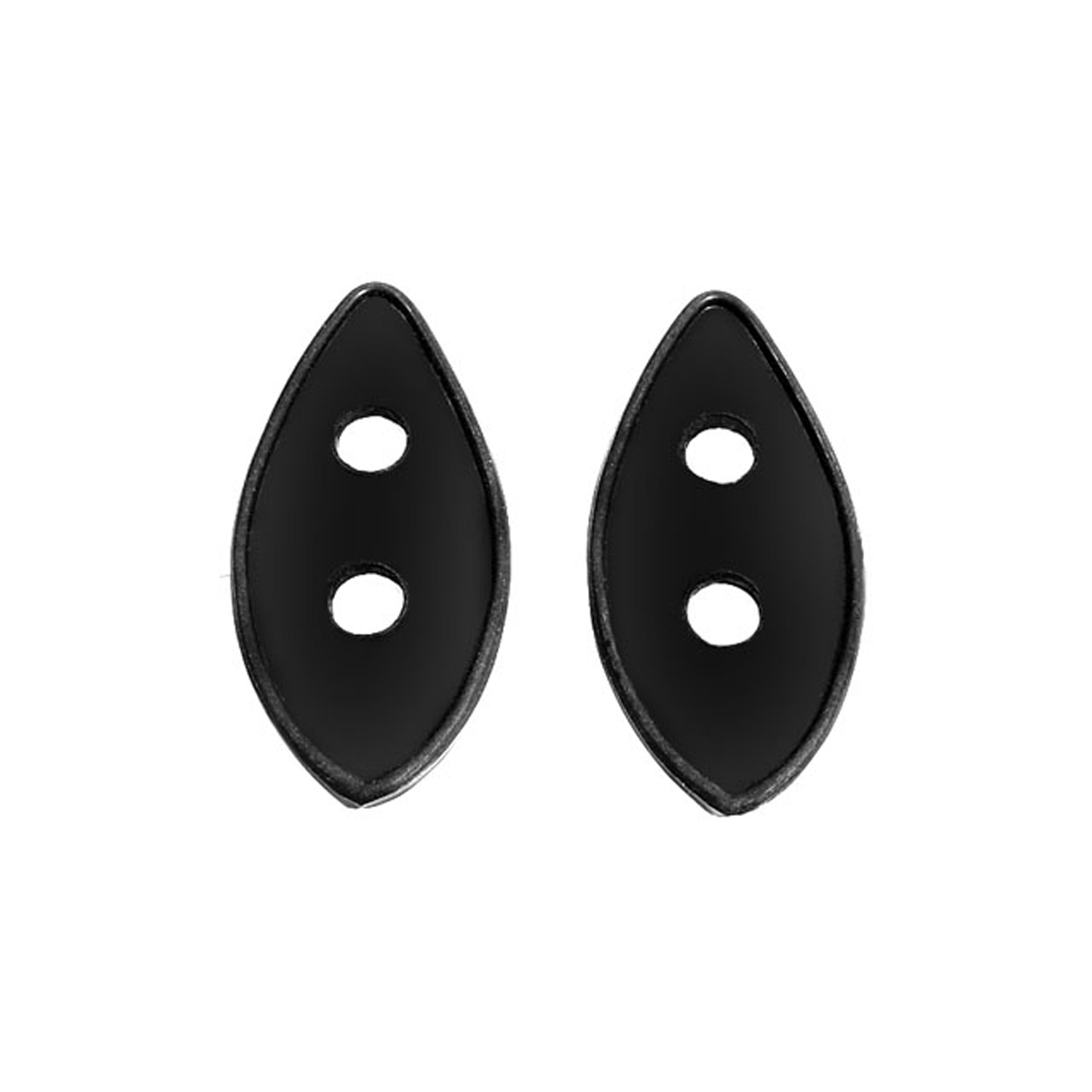 1972 American Motors Hornet Beaded Deck Rack Mounting Pads. 1-7/16" X 3". Pair-MP 622-BBeaded Deck Rack Mounting Pads. 1-7/16" X 3". Pair
1972 American Motors Hornet Beaded Deck Rack Mounting Pads. 1-7/16" X 3". Pair-MP 622-BBeaded Deck Rack Mounting Pads. 1-7/16" X 3". Pair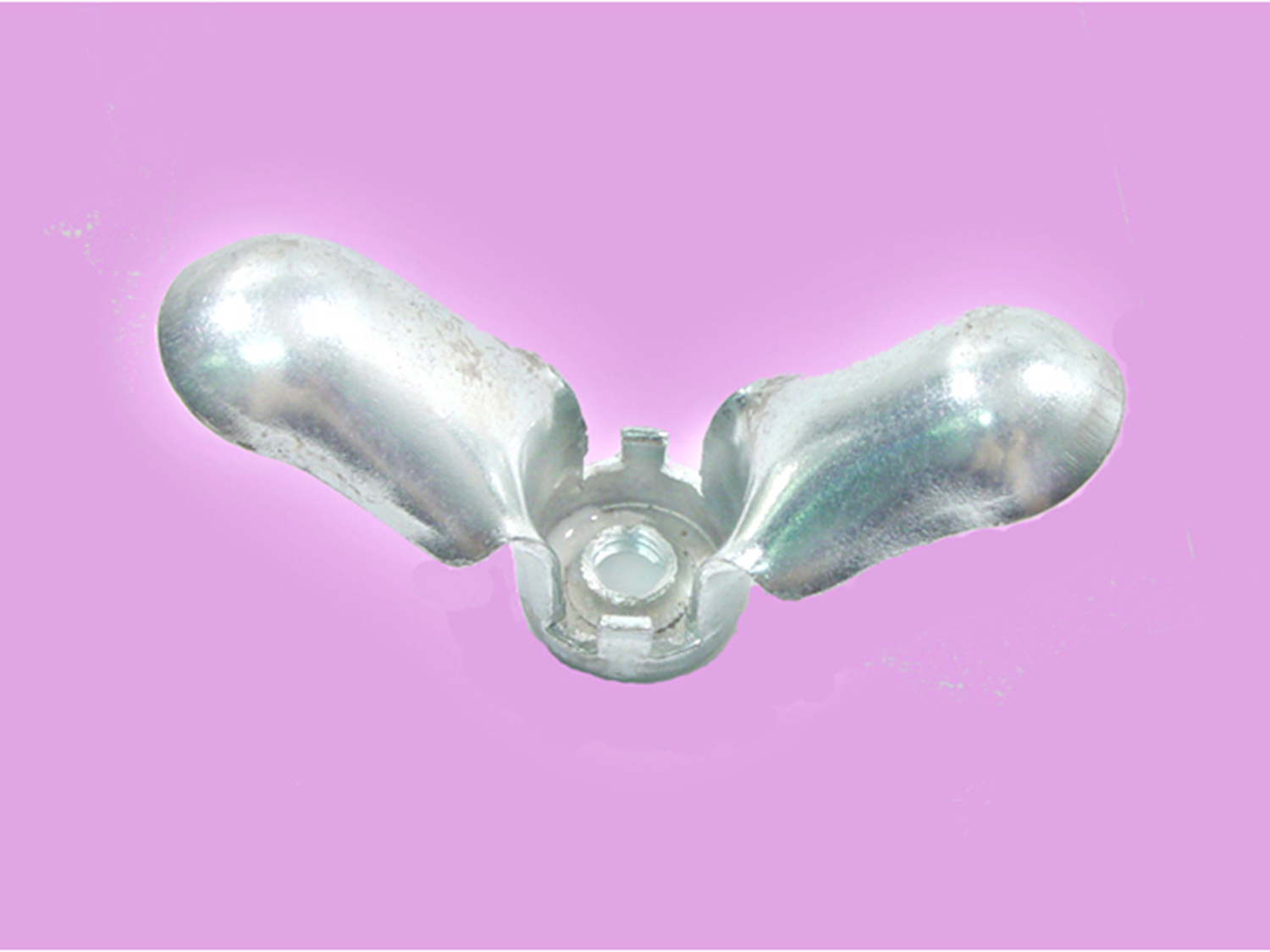 1972 American Motors Hornet Spare Tire Hold Down Nut. 5/16- 18 thread size-WF 3506Spare Tire Hold Down Nut. 5/16- 18 thread size. Replaces OEM #3198901. Each
1972 American Motors Hornet Spare Tire Hold Down Nut. 5/16- 18 thread size-WF 3506Spare Tire Hold Down Nut. 5/16- 18 thread size. Replaces OEM #3198901. EachWhy Choose Metro?
For over 100 years, Metro Moulded Parts has been the pinnacle of quality in classic car restoration parts. Our commitment to precision and authenticity in every component ensures a perfect fit and an OEM-level appearance.
- Expert Craftsmanship & Quality: Each part is a testament to our dedication to reliability and perfection, crafted from original designs and thoroughly tested.
- Advanced Technology: We use cutting-edge techniques to create flawless, long-lasting parts that surpass others in performance.
- SuperSoft Sponge – The Ultimate Door Seal: Not only are our door seals 30% softer than competitors', but they're also guaranteed to never leak. They effectively reduce wind and road noise, enhancing your classic car's comfort and driving experience.
- Proudly American: Our parts are a product of American craftsmanship, made in the USA with a spirit of excellence and heritage.
- Unrivaled Warranty: We back our products with a 30-year industry-leading warranty, a testament to our confidence in their quality.
Join us in preserving the legacy of classic cars with parts that are crafted for perfection, not just made.

